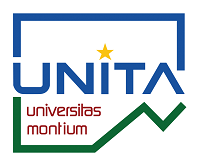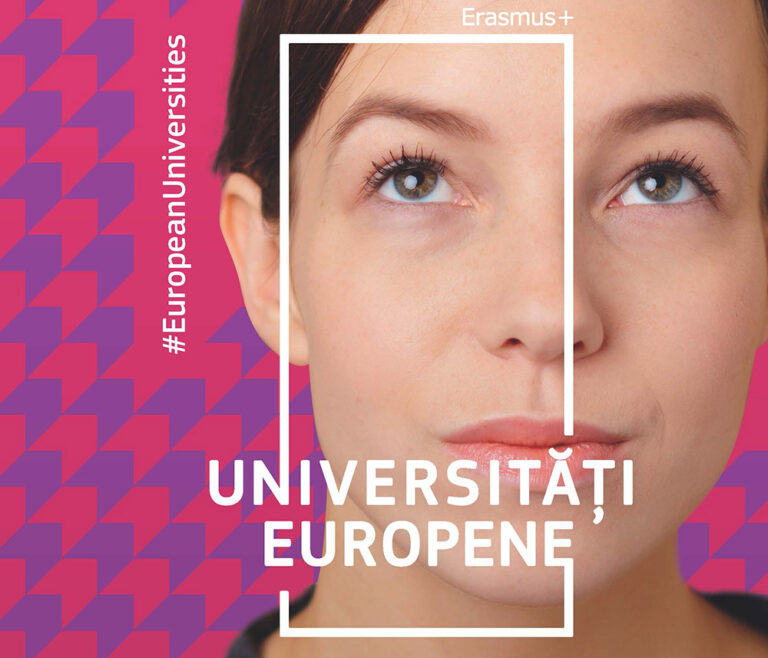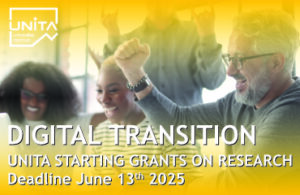With one of its long-term objectives being that of achieving 50% mobility between all partner universities, UNITA is committed to developing and experimenting with new forms of mobility during the initial 3 years of implementation and beyond.
Virtual mobilities are one of the new forms of mobility developed within Work Package 6- Mobility 4 all, thus providing all UNITA students with the possibility to follow courses offered in a virtual format by another university of the alliance. A virtual mobility allows students to access UNITA resources, to interact with other UNITA academic staff and students, to get familiar with various and innovative ways of teaching and learning, all in a virtual format, without the need to be physically present in another university.
The pilot phase of UNITA Virtual Mobilities has been developed during the first few months of the project implementation and it has allowed students to already pursue a virtual mobility during the second semester of the 2020-2021 academic year. During the pilot phase, students have had the possibility to choose from a selection of 28 courses offered virtually by UNITA partners, in the main areas of interest of the alliance: circular economy, renewal energies, cultural heritage and inter-comprehension.
Following the pilot phase, the UNITA Virtual Mobilities initiative has been further developed and a 2nd call for student applications is being launched in May 2021, for virtual mobilities that will take place during the 2021-2022 academic year. For this call, UNITA students have the possibility to choose from a much broader course offer, encompassing hundreds of subjects taught during the first or second semester or full academic year, thus providing UNITA students with the opportunity to engage in an international mobility from the comfort of their home.
By developing this form of mobility, UNITA contributes to making the process of internationalization of higher education a more inclusive one, offering mobility opportunities to all types of students, from all backgrounds, study fields and cycles, including students that are unable or not interested to participate in a traditional physical mobility abroad.




